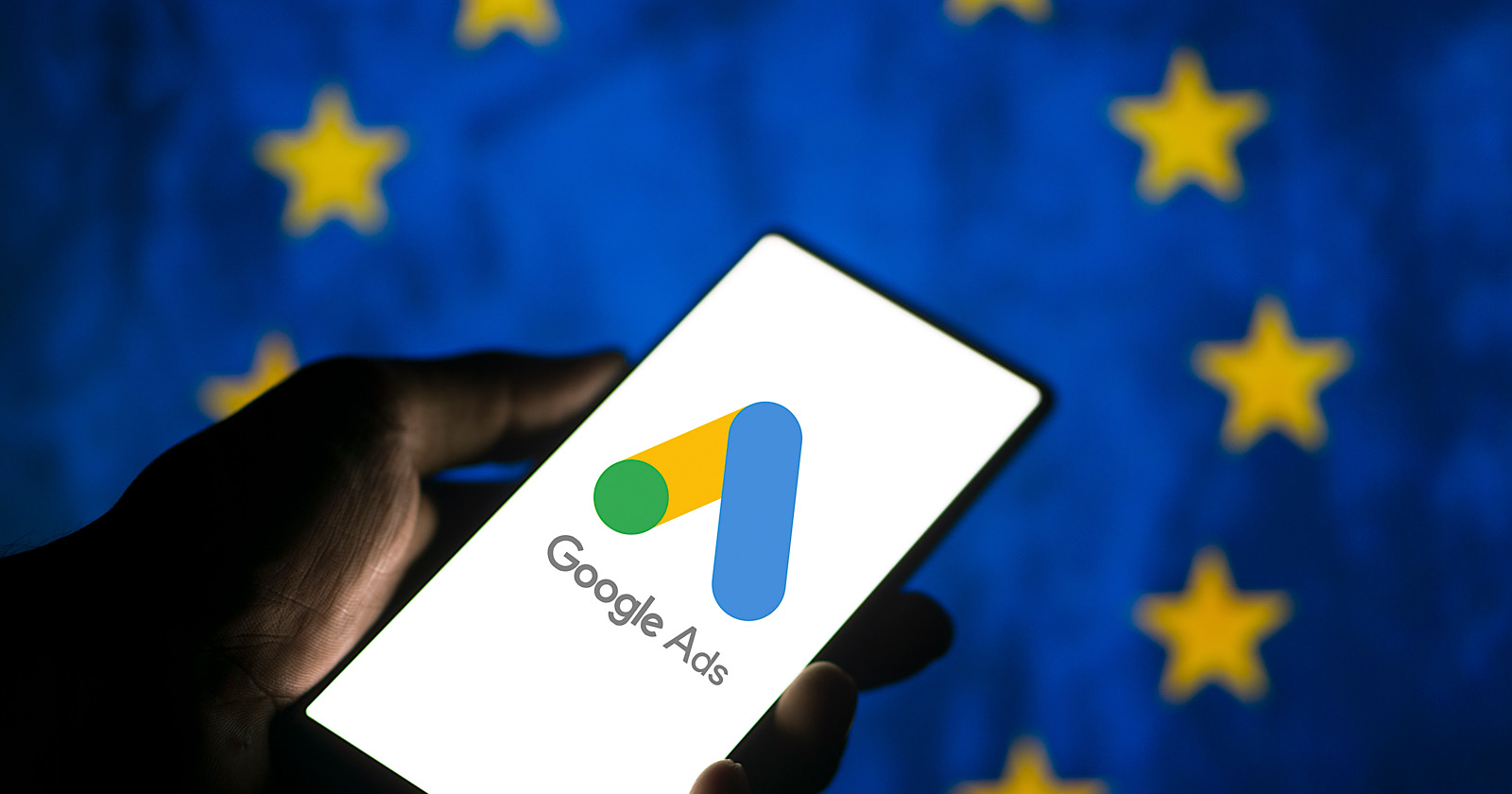Google Ads Liaison Ginny Marvin recently highlighted critical updates regarding Google’s enforcement of its EU User Consent Policy.
Google is strengthening enforcement around consent requirements for European Economic Area (EEA) traffic.
As part of this, the company has introduced consent mode version two (v2), which includes parameters for ad personalization and remarketing consent signals.
Advertisers must take action by March 2024 or risk losing critical advertising capabilities in the region.
A Google help page reads:
“To keep using measurement, ad personalisation and remarketing features, you must collect consent for use of personal data from end users based in the EEA and share consent signals with Google. The requirements also apply if you are using Google Analytics data with a Google service.”
Per Marvin’s posts, here’s what advertisers need to know about the pending deadline.
The March Deadline: A Call to Action For Advertisers
Google’s consent mode, which allows advertisers to adjust their Google tag settings based on user consent, is being updated.
The update adds specific parameters to capture consent for ad personalization and remarketing purposes.
The updated consent mode will feature two new parameters: ad_user_data and ad_personalization, which sends consent signals related to personalized advertising.
Advertisers that don’t adopt the new framework by the deadline will lose the ability to serve personalized and remarketed ads.
Transitioning To Google Analytics 4 Recommended
Marvin recommended that Universal Analytics 360 users transition to Google Analytics 4 (GA4) as soon as possible to maintain key advertising capabilities for website traffic from the EEA.
She noted that GA4 now has a new consent setting that allows you to quickly verify that consent signals are being properly transmitted.
Additionally, GA4 offers the enhanced conversions feature, which uses first-party conversion data to provide a more detailed and aggregated view of conversion behaviors.
Marvin pointed out two key benefits of enhanced conversions for advertisers:
“An advantage of implementing enhanced conversions in GA4 rather than only in Google Ads is that user-provided data can be used for additional purposes (such as demographics and interests, and paid & organic measurement).”
Q&A Insights
Marvin concluded her series of posts with a Q&A session addressing common concerns:
- Consent Mode V2 Deadline: While no specific date is provided, enforcement will begin in March.
- UK Traffic: UK organizations advertising in the EEA must also implement updates.
- Conversion Measurement: Without consent mode v2, future remarketing and personalization to audiences will not be possible.
Other Considerations
Here are additional considerations for advertisers, per Marvin’s social media posts:
- Consider working with a certified consent management platform (CMP) to build and configure a compliant consent banner. Google recommends working with one of its certified CMP partners.
- Ensure existing remarketing tags/audiences are configured to honor the new consent parameters. Test that your tags behave appropriately based on user consent choices.
- Review your current ad measurement strategy and ensure you have alternative conversion tracking that doesn’t rely on cookies/advertising IDs in preparation for the post-third-party cookie landscape.
- Take time now to educate internal stakeholders on impending consent requirements and why they are essential for maintaining access to users in the EEA market.
- Keep an eye out for any additional updates from Google as you get closer to the enforcement deadline in March.
Doing this now will ensure minimal disruption to your advertising capabilities in the EEA.
FAQ
What is Consent Mode V2, and how does it impact ad personalization and remarketing?
Consent Mode V2 is an updated framework introduced by Google to help advertisers comply with European Economic Area (EEA) consent requirements for online advertising.
This new version features specific parameters for capturing end-user consent related to ad personalization (ad_personalization) and remarketing (ad_user_data).
Advertisers in the EEA, or those targeting EEA traffic, must implement these changes by March 2024 to maintain the ability to deliver personalized and remarketed ads. Failure to adopt Consent Mode V2 could lead to a significant loss of advertising capabilities within the region.
Why is adopting Google Analytics 4 (GA4) recommended for Universal Analytics 360 users?
Universal Analytics 360 users are strongly encouraged to transition to Google Analytics 4 (GA4) because GA4 has a new consent setting that ensures consent signals are correctly shared.
Moreover, GA4 includes the ‘enhanced conversions’ feature, which relies on first-party data to provide an in-depth, aggregated view of conversion activities.
By transitioning to GA4, advertisers maintain key advertising functionalities and gain additional insights into demographics, interests, and paid and organic measurements that are not exclusively dependent on Google Ads.
What actions should advertisers take in light of the strengthened enforcement around EEA traffic consent requirements?
- Adopt Consent Mode V2 before the March deadline to preserve the ability to serve personalized and remarketed ads to EEA audiences.
- Engage with a certified consent management platform (CMP) to create a consent banner compliant with policy requirements.
- Ensure existing remarketing tags and audiences respect the new consent parameters and are tested for proper functionality based on user consent.
- Develop alternative conversion tracking methods that are not reliant on cookies or advertising IDs in anticipation of the upcoming decline in third-party cookie usage.
- Update internal stakeholders on the new consent requirements and emphasize their importance for retaining access to the EEA user market.
Featured Image: Mamun sheikh K/Shutterstock





![AI Overviews: We Reverse-Engineered Them So You Don't Have To [+ What You Need To Do Next]](https://www.searchenginejournal.com/wp-content/uploads/2025/04/sidebar1x-455.png)